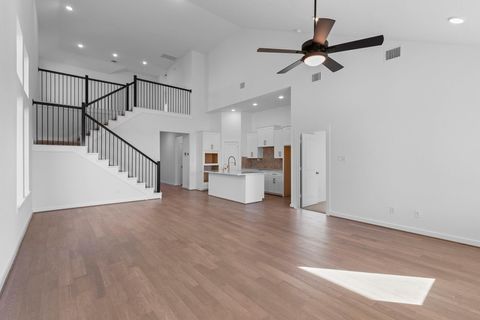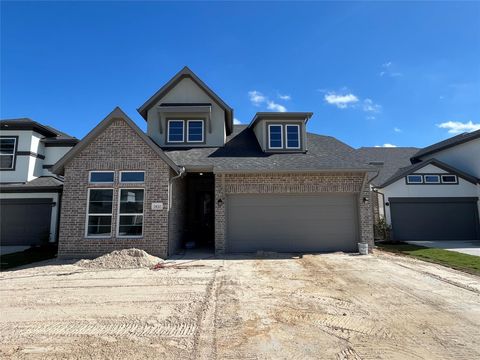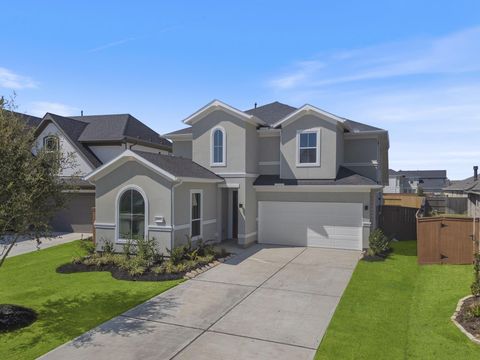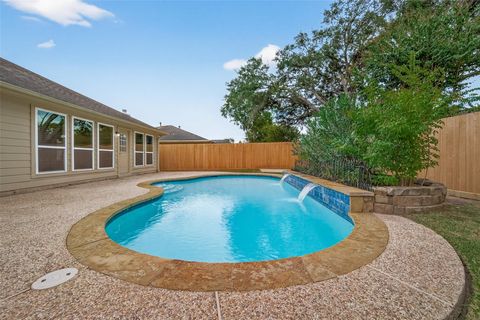Buying a home is a big decision – and for most people, it also means taking out a mortgage. Mortgages can be confusing and overwhelming, especially for first-time home buyers. But fear not, we’re here to help break it down for you in this beginner’s guide to buying a home.
What is a Mortgage?
A mortgage is a loan that you take out to buy a home. The loan is typically provided by a bank or a mortgage lender, and you agree to pay back the loan plus interest over a set period of time, usually 15 to 30 years. The home serves as collateral for the loan, meaning that if you fail to make your mortgage payments, the lender has the right to take possession of the home.
Types of Mortgages
There are several types of mortgages available, but the two most common are fixed-rate mortgages and adjustable-rate mortgages.
– Fixed-rate mortgages: With a fixed-rate mortgage, the interest rate stays the same for the entire term of the loan. This means your monthly payments will stay the same, making it easier to budget and plan for the future.
– Adjustable-rate mortgages: With an adjustable-rate mortgage, the interest rate can change periodically, typically every one to five years. This can result in fluctuating monthly payments, which can be risky if interest rates rise significantly.
Getting Pre-Approved
Before you start shopping for a home, it’s a good idea to get pre-approved for a mortgage. This involves meeting with a lender and providing information about your income, assets, and debts. The lender will then determine how much they are willing to lend you, which can help you narrow down your home search to properties that are within your budget.
Finding a Lender
When it comes to choosing a lender, it’s important to shop around and compare rates and fees. You can start by checking with your current bank or credit union, or you can work with a mortgage broker who can help you compare offers from multiple lenders.
Closing Costs
In addition to your down payment and monthly mortgage payments, you will also need to budget for closing costs. These are fees associated with finalizing the purchase of your home, and can include things like appraisal fees, title insurance, and attorney fees. On average, closing costs can range from 2-5% of the purchase price of the home.
Final Thoughts
Buying a home is a major financial decision, and understanding mortgages is a key part of the process. By educating yourself on the different types of mortgages, getting pre-approved, and shopping around for the best rates, you can feel more confident in your decision to buy a home. And remember, don’t hesitate to seek out advice from real estate agents, lenders, and other professionals who can help guide you through the process. Good luck, and happy house hunting!










